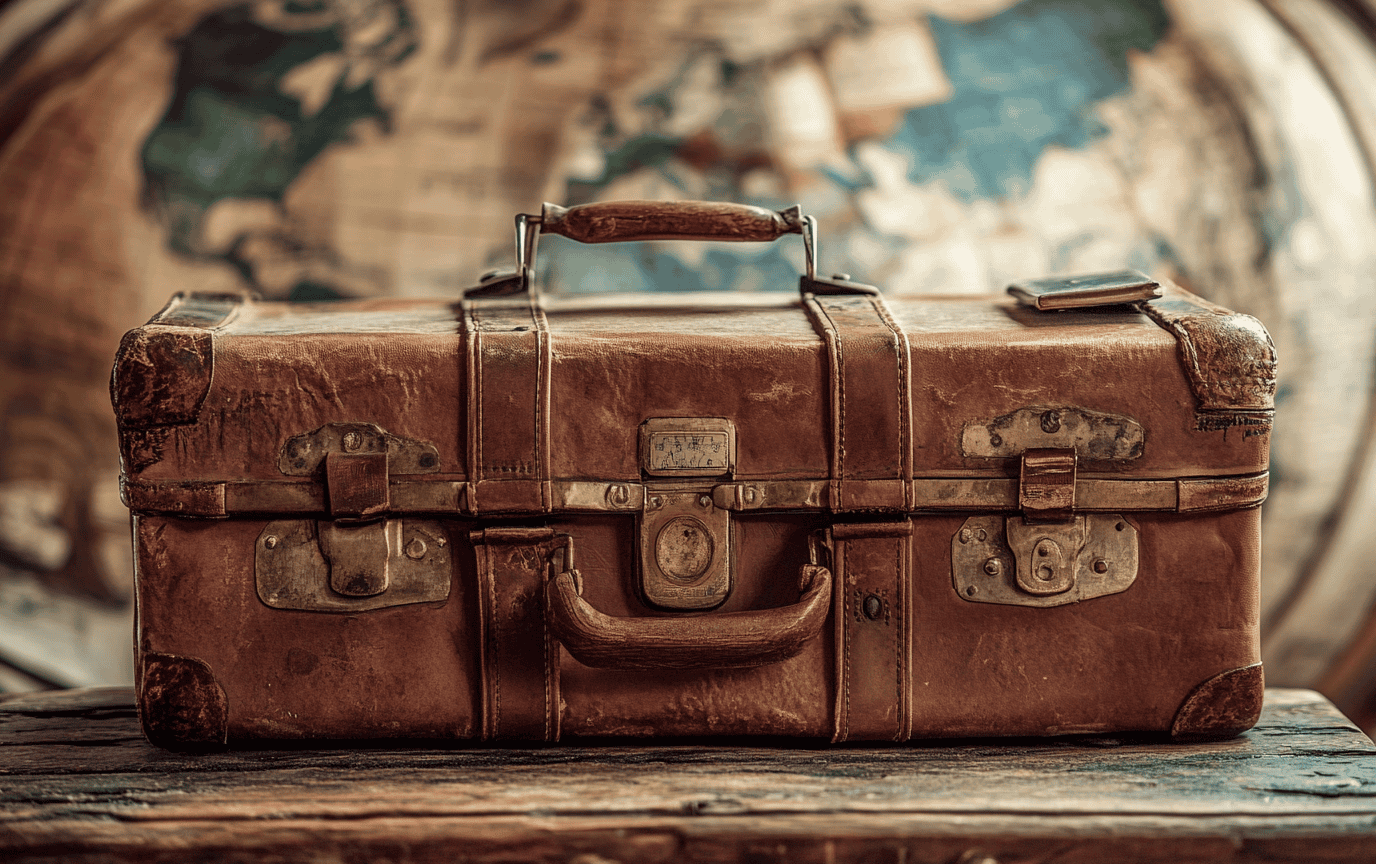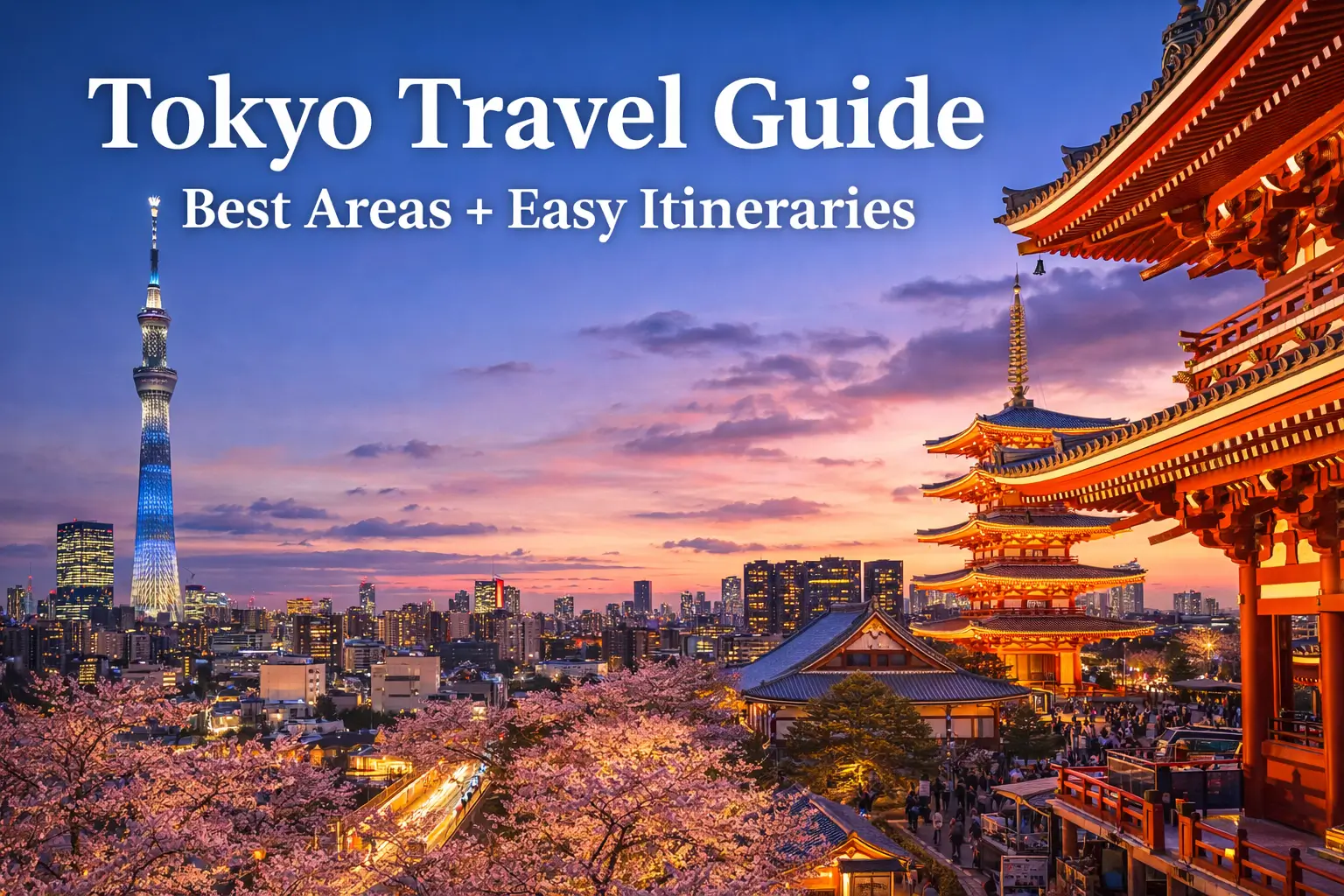Negotiating Prices While Traveling: A Comprehensive Guide
In the vibrant chaos of a bustling market, the air thick with spices and the chatter of countless voices, the heart of travel whispers its most thrilling adventure: negotiation. It’s more than just a matter of buying and selling; it’s an exchange of stories, culture, and survival instincts. For travelers, understanding the art of haggling can not only save money but also uncover the hidden layers of a destination. Whether you find yourself amidst the colorful stalls of Morocco’s souks or the lively bazaars of Istanbul, knowing how to navigate the delicate dance of bargaining can enhance your journey. Grab your shopping bag, put on your best smile, and let’s dive into the world of negotiating prices while traveling.
Understanding Where to Haggle
Not every backdrop in your travel photo album is built for bargaining. The first rule of haggling? Know your battlegrounds. Flea markets, bazaars, souks, and street stalls—these are the arenas where the dance occurs, with prices often woven into the fabric of the day. In contrast, more sterile, corporate environments like modern stores and shopping malls generally flaunt fixed prices, so leave your bargaining prowess at the door there.
What about the geography of negotiation? Haggling is a common affair in most of Asia, Latin America, and North Africa. Picture the street vendors in Thailand, with their smiling faces and ready-to-negotiate prices. Yet, in Western Europe, you might find locals offering a polite smile, rather than flexibility in price. Always scan the environment; it speaks volumes.
Preparing for Negotiation
Research and Knowledge
Knowledge is your most powerful tool. Before you engage in any negotiation, immerse yourself in a bit of research. What’s a typical price for that handwoven rug in Marrakech? Study guidebooks, scour travel websites, or even chat with locals about reasonable expectations. Phrases like “How much is this?” or “What’s your best price?” can create a bridge between cultures.
And if you’ve got a few local words up your sleeve? Bonus points. They appreciate effort, and often, this respect translates to better deals.
Set Your Budget
Establish a limit on what you’re willing to spend. This strategy anchors your negotiations, granting you clarity during the ebb and flow of the bargaining process. Rather than getting carried away by the allure of a shimmering trinket, remember to consider the cost of shipping that treasure home.
Effective Negotiation Strategies
Build a Relationship
The art of negotiation thrives on connection. Start your conversation with a warm greeting; let your voice fill the air with humor. The more you engage, the more likely the seller is to lower their prices. Toss in a few local phrases, and you’ve set a delightful foundation for friendly negotiations.
Don’t Show Your Hand
“What do you think of this?”
“It’s nice, but I’m just browsing.”
Keep a poker face—an enigmatic smile can go a long way. When a seller senses a lack of urgency, they may be tempted to offer a better rate, hoping to seal the deal without you getting too invested in their goods.
Let the Seller Make the First Offer
The golden rule in haggling: never reveal your price first. Instead, tease out their proposal. A casual “What’s your best price?” can pave the way for a fair starting point. If you’re not sure, ask locals about typical prices. Their insider know-how can transform your approach.
Use Body Language
Your body language is a silent partner in the negotiation. A small smile can ease tensions, but don’t overdo eye contact. A hint of surprise at a high initial price might just spur the seller to rethink and lower it.
Walk Away
Perhaps one of the oldest tricks in the book—if the price doesn’t sit right, walk away. This tactic is a classic; it prompts the seller to reconsider and possibly reel you back in with a better offer. They feel the loss before you even consider it.
Bulk Purchases
If your heart is set on multiple items, don’t shy away from discussing bulk purchases. Discounts often await those who dare to ask. “How about a deal if I pick two or three?” can lead to smiles all around.
Cash Payments
In many places, cash is king. Offering to pay in cash can sometimes coax a discount out of sellers, especially if they’re used to credit card fees nibbling at their profits. Always ask, “Is this price different if I pay cash?”
Negotiating with Tour Guides
When engaging with tour guides, knowing the ropes can mean the difference between a tailored experience and feeling like just another tourist. Do your homework—understand what’s being offered, including the costs associated with certain activities. Feel free to negotiate your itinerary, trimming the fat off the options you don’t want and asking for concessions on meals or excursions that don’t interest you.
Craft your requests clearly—be firm yet respectful—and never lose sight of your budget during discussions. Your comfort is paramount in crafting that unforgettable experience.
Cultural Considerations
Local Customs and Superstitions
Every culture carries its own quirks; understanding these nuances can position you for a successful negotiation. In some cultures, the first sale of the day is seen as lucky. Imagine walking into a shop early, mindful of this; it might just set you up for a favorable deal.
Alongside customs, be wary of local superstitions which may play into negotiation strategies. Respect is a currency of its own.
Dress Modestly
When it comes to appearance, a bit of modesty can prevent you from being perceived as a potential money reservoir. Ideally, dress to blend rather than flaunt. A hidden wallet, with cash separated from your valuables, guarantees that you won’t inadvertently make the price skyrocket.
Conclusion
Navigating the waters of negotiation while traveling is not merely a money-saving tactic; it’s an invitation to immerse yourself in the soul of a culture. By understanding where to barter, preparing adequately, and employing effective strategies, you can fearlessly face the market stalls and tour guides alike.
Remember, negotiation is as much about patience and respect as you posture yourself at the bargaining table. It is about weaving personal connections into the fabric of your travel narrative, transforming each interaction into a story worth telling. So, next time you wander through a vibrant bazaar or rub shoulders with a local vendor, remember these insights and let the art of negotiation enrich your journey.
Interested in more insightful reads? Check out our Travel Tips section for the latest advice. For lifestyle inspiration, explore our Lifestyle category, and dive into amazing destinations at Destinations. Don’t forget to connect with us on YouTube, or follow our adventures on Instagram and Pinterest.

















